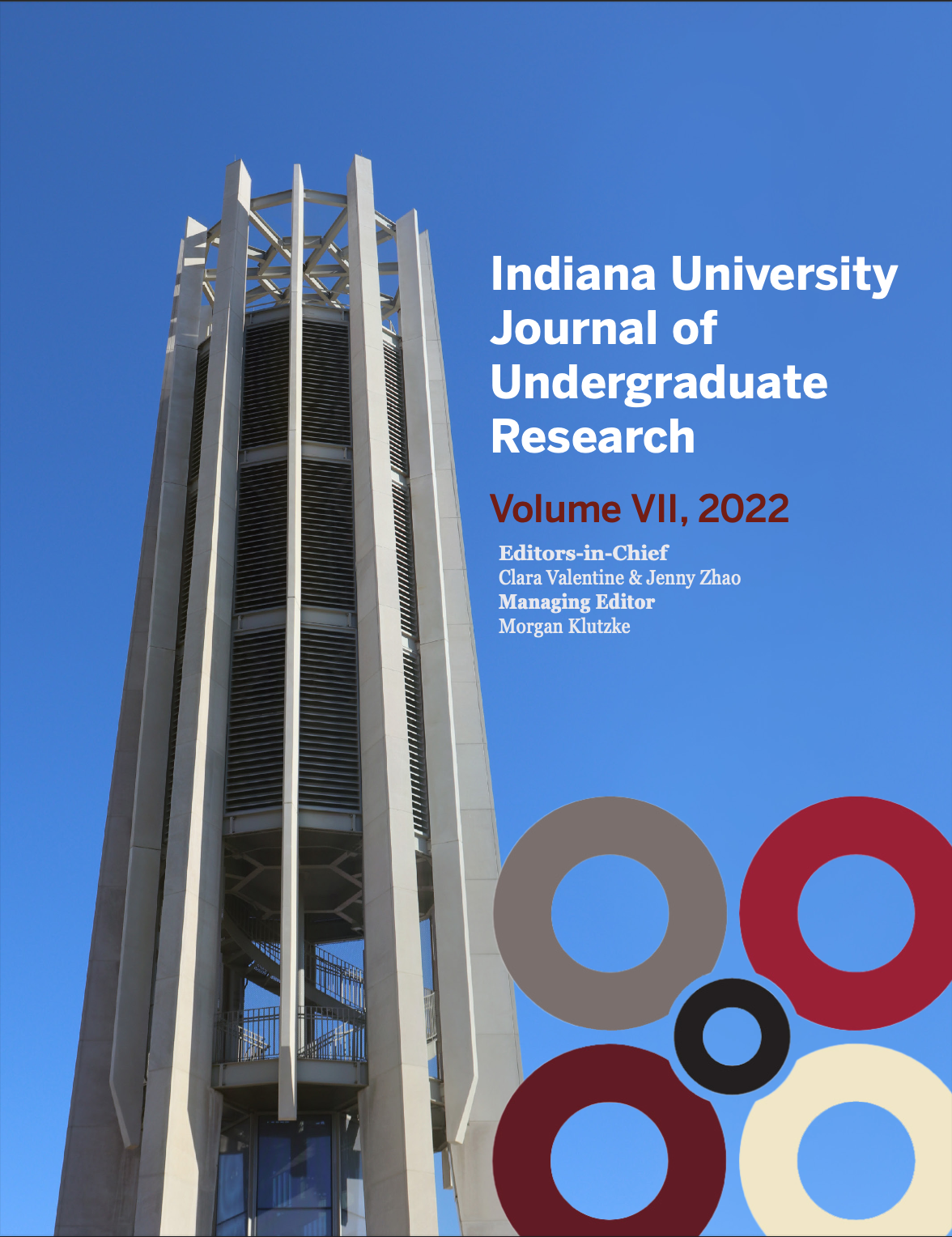The Effect of Familiar Music on Long-Term Declarative Memory in College Students
Main Article Content
Abstract
This study explored the effect of familiar music exposure on long-term declarative memory (LT-DM) was in college students. LT-DM stores facts or concepts that can be consciously recalled over a prolonged period. Twenty-one college students were equally randomized between two groups, Group A and Group B. The study was conducted over three sessions (7+/- 2 days between each). During the first session, both groups were given the same passages to study. Group A listened to familiar music of their choice while studying, and Group B studied in silence. In the second session, both groups were first given a multiple-choice test on the passages they had studied during session one. Subsequently, another set of passages were given to both groups to study. This time, Group B listened to familiar music of their choice while studying, and Group A studied in silence. In the third session, both groups were tested through multiple-choice questions over passages they had studied during the second session. Test responses were scored. The mean composite score of both groups with and without music were 15.4/20 (77%) and 14.9/20 (74.5%), respectively, indicating no significant change in LT-DM recall with familiar music exposure (p= 0.50). Group A displayed a trend towards increased LT-DM recall with music compared to silence and demonstrated a statistically significant lower mean score than Group B in the silent condition (p= 0.027). Overall, this study found that listening to familiar music had no significant effect on LT-DM recall in college students, however highly individualized variations may occur.
Downloads
Article Details

This work is licensed under a Creative Commons Attribution-NonCommercial 4.0 International License.
Authors who publish with this journal agree to the following terms:
- Ownership of the copyright shall remain with the Author, subject to IUJUR’s use and the rights granted by the Creative Commons license assigned by the Author. A Creative Commons Attribution-NonCommercial 4.0 International (CC BY-NC 4.0) license will be applied to the published work unless otherwise indicated in the Student Author Contract. The CC BY-NC 4.0 license (https://creativecommons.org/licenses/by-nc/4.0/) lets others remix, tweak, and build upon the published Work non-commercially, and although the new works must also acknowledge the original IUJUR publication and be noncommercial, they don’t have to license their derivative works on the same terms.Authors are able to enter into separate, additional contractual arrangements for the non-exclusive distribution of the journal's published version of the work (e.g., post it to an institutional repository or publish it in a book), with an acknowledgement of its initial publication in this journal.
- Authors are permitted and encouraged to post their work online (e.g., in institutional repositories or on their website) prior to and during the submission process, as it can lead to productive exchanges, as well as earlier and greater citation of published work (See The Effect of Open Access).

